
The CCJ Ruling on Presidential Term Limits
On 26 June 2018, the Caribbean Court of Justice (CCJ) issued a media release under the caption ‘CCJ Rules Two Terms only for Presidents of Guyana’.

On 26 June 2018, the Caribbean Court of Justice (CCJ) issued a media release under the caption ‘CCJ Rules Two Terms only for Presidents of Guyana’.
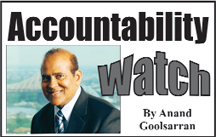
Last week, we discussed the concept of Public Private Partnerships (P3s) by providing a broad perspective of what a P3 arrangement is about; how it differs from privatization; the rationale for entering into P3 arrangements; its advantages and disadvantages; and the various models of P3s.

Introduction Last week, we discussed the Privatisation Policy Framework Paper that was prepared in 1993 to guide the privatization that the Government had embarked on in 1988 as part of the Economic Recovery Programme entered into with International Monetary Fund.
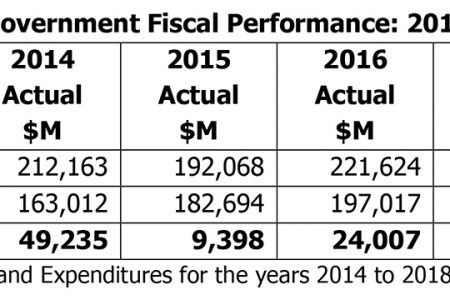
Last week, we discussed the End of Year report for 2017, prepared by the Ministry of Finance.
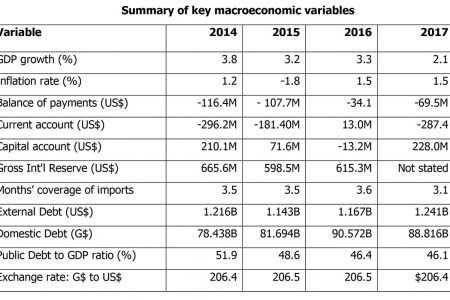
Anyone who wants to tackle corruption must be willing to go all the way.

In our column of 6 May 2018, we emphasised the importance of procurement planning and highlighted the key factors contributing to leakages in our procurement system.
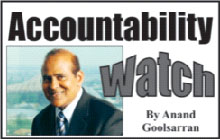
Last Wednesday’s lead article in the Guyana Times newspaper carried the headline “NICIL under APNU/AFC Govt still retains billions in dividends – source”.

In our article of 23 April 2018, we discussed Guyana’s Budget Transparency Action Plan (BTAP) that the Government had developed in 2015.

Last week, we discussed Guyana’s Budget Transparency Action Plan (BTAP) that the Government had developed in 2015 with the objective of improving the budget process and more generally of enhancing transparency and accountability.
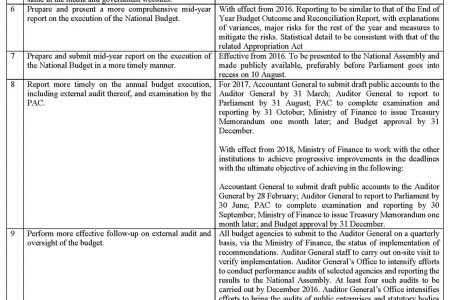
In our article of 9 April 2018, we had urged the Public Accounts Committee (PAC) “to continue its efforts to bring its examination of the public accounts up-to-date and to impress upon the Administration the importance of having all the actions contained in the BTAP (Budget Transparency Action Plan) undertaken with expedition, especially as they relate to the accountability timeframe”.
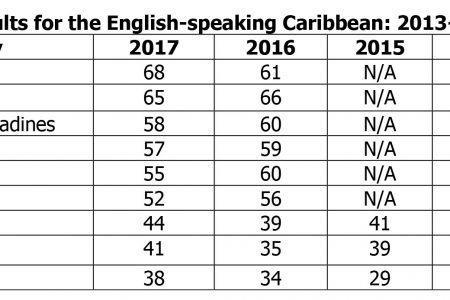
I will not pay bribes, I will not seek bribes, I will work with others to campaign against corruption, I will speak out against corruption and report on abuse, I will only support candidates for public office who say no to corruption and demonstrate transparency, integrity and accountability.
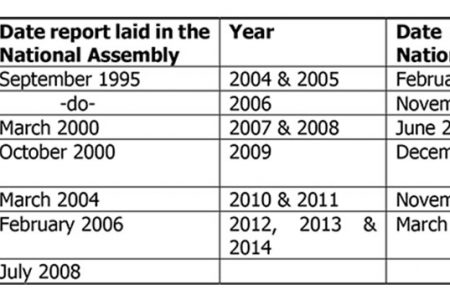
The essential fact is that this Committee is a Committee of the House responsible to the House as a whole, and is not a battleground for party faction….
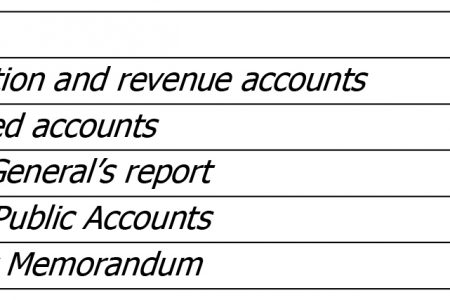
During a recent hearing on the examination of the 2016 public accounts, the Public Accounts Committee (PAC) questioned the Regional Executive Officer (REO) of Region 2 on the use of some $250 million from the Region’s current appropriation for 2017 to finance the cost of several projects of a capital nature, without the requisite approval.

The good news is that the authorities have decided to place into the Consolidated Fund the signature bonus of US$18 million that it received from ExxonMobil, and whenever the funds are needed parliamentary approval will be sought, presumably via a Supplementary Estimate.

uMuntu ngumuntu ngabantu; Motho ke motho ka batho – I am because you are; you are because we are.
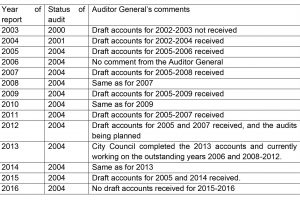
Before proceeding with today’s article, we refer to the Government’s announcement that nine companies are interested in the allocation of the remaining oil blocks and that it is exploring options for both direct engagement and selective bidding.
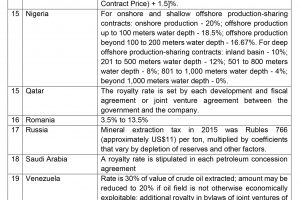
The authorities have decided to remove the Guyana Sugar Corporation (GUYSUCO) from the portfolio of entities under the Ministry of Agriculture and place it under the Ministry of Finance via the National Industrial and Commercial Investments Ltd.
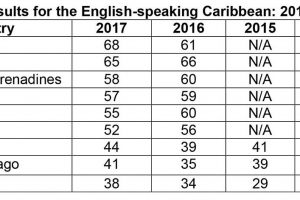
Guyana has moved four points up on the Corruption Perceptions Index (CPI) for 2017, from 34 to 38, with a ranking of 91 out of 180 countries surveyed.

Last week, we highlighted the key provisions of the Petroleum Commission Bill 2017 which has been referred to a Select Committee of the National Assembly for detailed scrutiny.
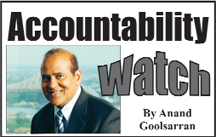
The legitimate authority for the collection of all State revenues is the GRA, and no Minister or official should have the discretion to decide what amount of such revenue should be transferred to the Consolidated Fund.
The ePaper edition, on the Web & in stores for Android, iPhone & iPad.
Included free with your web subscription. Learn more.